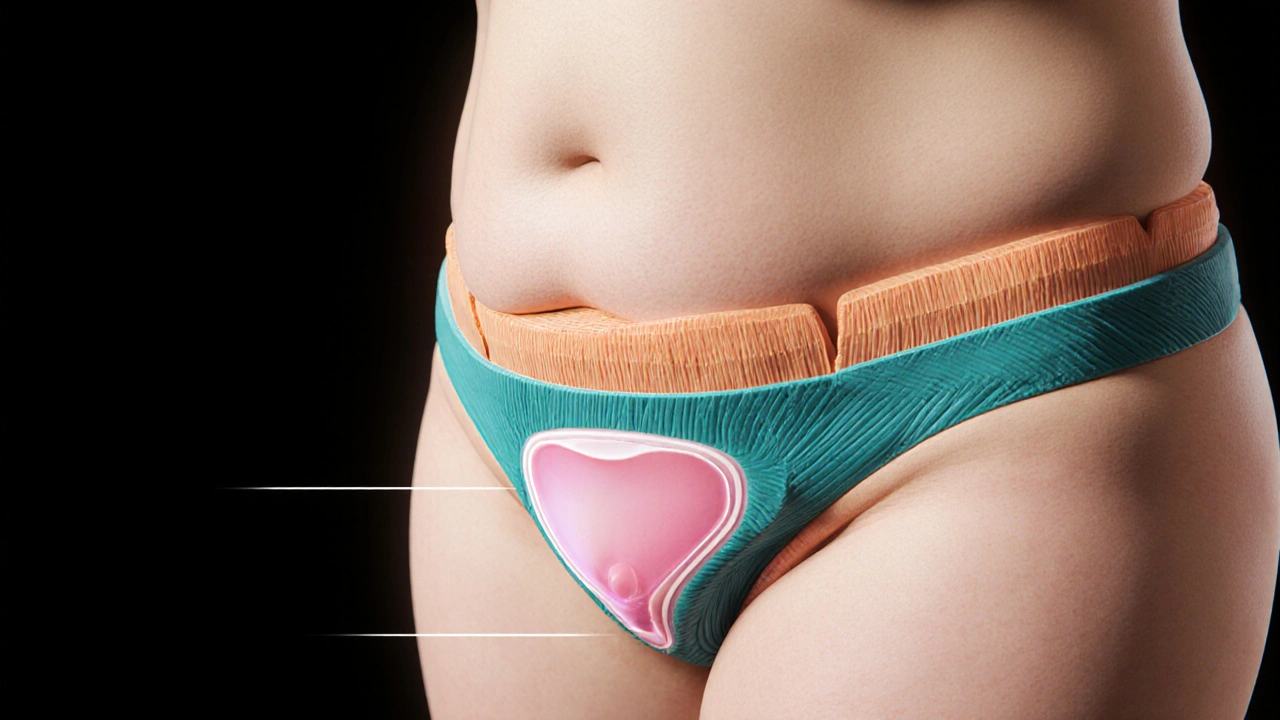If you’ve ever felt a sudden “oops” when you’re out and about, you’re not alone. Urine leakage, or incontinence, affects millions and often shows up because of everyday habits or health changes. The good news? Most risk factors are within your control, and a few simple tweaks can make a big difference.
One of the biggest culprits is dehydration. When you don’t drink enough water, your urine gets super concentrated, irritating the bladder and causing spasms that lead to leaks. The flip side is drinking too much caffeine or alcohol—both act as diuretics, pulling extra fluid into your system and overloading the bladder.
Weight gain and obesity put extra pressure on the pelvic floor, weakening the muscles that keep urine in place. Pregnancy and childbirth stretch those muscles even more, and many women notice leakage long after they’ve delivered.
Aging is another factor. As we get older, the bladder’s capacity shrinks and the nerves that control it slow down. That’s why seniors often report sudden urges and occasional dribbles.
Certain medications—like diuretics, antihistamines, and some antidepressants—can tighten the bladder muscles or increase urine production, raising the odds of a leak. Constipation is a hidden risk, too. A full bowel pushes on the bladder, making it harder to hold urine.
Heavy lifting, laughing, coughing, or sneezing can all cause a quick surge of pressure that the weakened pelvic floor can’t handle. If you notice leaks during these activities, it’s a sign the support system needs work.
Start by drinking enough water—about eight glasses a day for most adults—but spread it out. Sip regularly instead of chugging a big glass all at once. This keeps urine dilute and the bladder happy.
Cut back on bladder irritants. Swap that extra cup of coffee for herbal tea, and limit beer or wine to a moderate amount. If you love soda, try a low‑caffeine version.
Strengthen your pelvic floor with simple Kegel exercises. Tighten the muscles you’d use to stop a stream, hold for three seconds, then relax. Do three sets of ten reps each day. Consistency builds support and reduces leaks over weeks.
Watch your weight. Even a modest loss can ease pressure on the bladder. Add a short walk after meals or try a quick home workout to keep the pounds off.
Keep bowel movements regular with fiber‑rich foods—fruits, veggies, whole grains—and stay hydrated. A smooth gut means less pressure on the bladder.
If you’re on medication that might be affecting your bladder, talk to your doctor. Sometimes a dosage tweak or a switch to a different drug can solve the problem without sacrificing treatment.
Finally, consider bladder training. Set a timer and try to go to the bathroom every two to three hours, even if you don’t feel the urge. Over time, the bladder learns to hold more, and sudden leaks become rare.
Urine leakage isn’t something you have to accept as “just part of life.” By spotting the risks—dehydration, irritants, weak muscles, and lifestyle habits—and taking practical steps, you can protect your bladder and feel confident again.

Explore how obesity raises the risk of urine leakage, learn warning signs, and discover effective weight‑loss, diet, and pelvic‑floor strategies to prevent urinary incontinence.